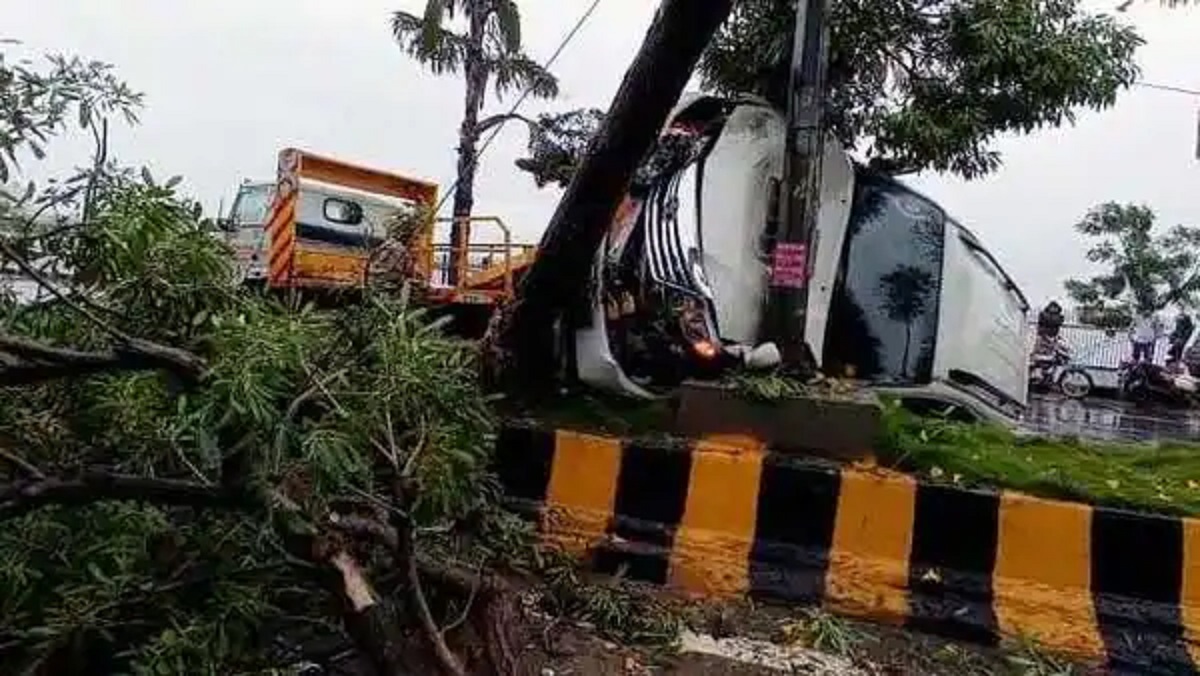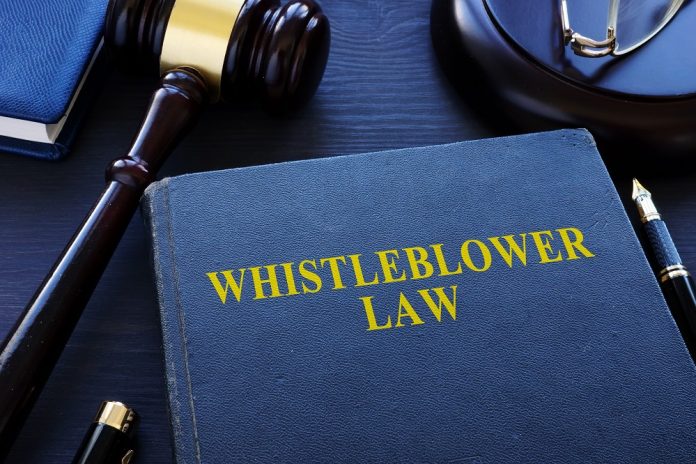- It has been reported widely across the world that whistleblowers often tend to end up on the wrong side of the law despite showing courage to go against the wrongdoings perpetrated by anti-social or anti-establishment individuals/entities. Rather than appreciate and protect the honest intentions behind someone gathering enough courage to come out in the open to expose the wrongdoings, they often end up facing the wrath of the establishment as well as the law that tends to weigh down with too much red-tapism. Likewise, we have also witnessed how good Samaritans end up running helter-skelter to come to the aid of the needy facing life-threatening situations. Why good intentions do not deserve better understanding and support from the law?

PC: Mint
- Even though there are laws protecting the Samaritans from coming to the aid of those in urgent need like accident victims, the same cannot be said about whistleblowers though. Mind you, whistleblowers have it tough across the world. As reported recently, the Supreme Court in Canberra, Australia, recently sentenced a former Australian army lawyer for revealing information about alleged Australian war crimes in Afghanistan. This comes seven years after Australian public broadcaster ABC published a series of articles based on information provided by the lawyer. That information was separately confirmed by an Australian government inquiry. However, it was the lawyer whistleblower who was prosecuted.
- Note that whistleblowing in general has a chequered history. As reported in a newspaper, during the American Civil War, Abraham Lincoln’s government enacted the False Claims Act (FCA) to incentivize reporting corruption in military supplies. Interestingly, FCA remains on US statute books in an amended form and has been used over the years in cases related to fraud in military contracts and corruption in the pharma industry. But things get murky when it comes to matters of national security and wrongdoing in militaries. State interests and discipline are privileged over those seeking to spotlight internal wrongs. Perhaps the most high-voltage case of whistleblowing related to war crimes this century was the highlighting of atrocities committed by US soldiers in Iraq’s Abu Ghraib prison.

PC: The Guardian
- The horrific torture was exposed by a Sergeant. Once identified as the whistleblower, he and his family faced harassment and even death threats. Similarly, the USA’s NSA contractor Edward Snowden had to flee to Russia to expose illegal mass surveillance programmes. India too passed a Whistle Blowers Protection Act in 2014 with too many restrictions. Ironically, it hasn’t been notified to date. Agreed, state secrets need to be protected for national security. But this can’t be a blanket cover to hide corruption and criminal wrongs. Democracy is strengthened by courageous whistleblowers speaking up for justice. This rare breed needs all the support from the administration. The laws must be suitably enacted to protect them from harassment.






